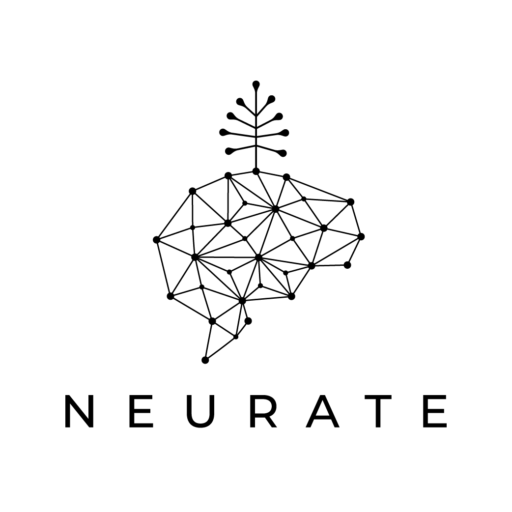Overlearning refers to training a skill even after the performance has plateaued. For example, musicians continue practicing even after they have mastered a piece. Is this habit beneficial for learning at the workplace, or is it just a waste of time?
Groundbreaking research, published in March 2017 in the prestigious Nature Neuroscience journal, has provided useful insights. In this study, two consecutive tasks were given to the subjects. The “no-overlearning” group had eight training sessions to master the first task before proceeding to learn the second one. The “overlearning” group had sixteen training sessions (four more) before continuing to learn the second task. At the end, both groups were tested for performance on the old and on the new task.
Without overlearning, the skills acquired from the first task were very unstable and easily disrupted with new learning. The first group “forgot” the old task and was better at the new one. The brain was in a very plastic volatile state, since the first-trained task did not fully “sink in” and was easily replaced. Thus, after a standard training procedure, the newly acquired skills are very vulnerable to being overwritten by subsequent learning.
In contrast, only 20 min of overlearning drastically and rapidly stabilized learning of the first task, leading to significantly better performance. However, these participants did not do as well as the “no-overlearning” group on the subsequent task. This was due to an abrupt and rapid change in neurochemical processing that hyperstabilized and protected learning from interferences.
Passive stabilization does occur even without overlearning, but it takes several hours. In contrast, overlearning is achieved with only 20 min of additional effort, after reaching a performance plateau.
This discovery can lead to designing more efficient learning procedures by introducing more training. Just with 20 min of extra practice, right after we mastered a task, strongly improves retention in our brain.
References:
Kazuhisa Shibata, Yuka Sasaki, Ji Won Bang, Edward G Walsh, Maro G Machizawa, Masako Tamaki, Li-Hung Chang & Takeo Watanabe. Overlearning hyperstabilizes a skill by rapidly making neurochemical processing inhibitory-dominant. Volume 23 | Number 3 | March 2017 Nature Neuroscience.

